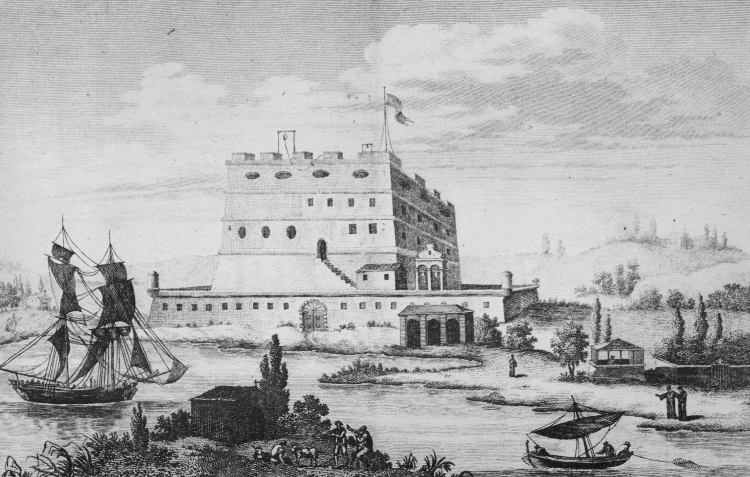Design Studio Required Elective at semester(s) 6, 8, ECTS: 12
Generic Competences: Ability to search for, process and analyse information from a variety of sources using the necessary technologies, Ability to adapt to and act in new situations and cope under pressure, Ability to make reasoned decisions, Ability to work autonomously, Ability to work in a team, Ability to work in an international context, Ability to work in an interdisciplinary environment, Capacity to generate new ideas (creativity), Ability to interact constructively with others regardless of background and culture and respecting diversity, Commitment to conservation of the environment, Ability to promote free, creative and inductive thinking.
ΑΣ1503, ARCHITECTURAL DESIGN, GENERAL KNOWLEDGE SPECIALIZATION, SKILLS DEVELOPMENT
Design Studio Required Elective at semester(s) 6, 8, ECTS: 12
Taught in: Greek, Available to ERASMUS students in English and French.

Analysis, Synthesis, Evaluation
Cognitive Fields (2005/36/EU): Architectural Design, History and Theories, Social Factors in Design, Design Brief.
Generic Competences: Ability to search for, process and analyse information from a variety of sources using the necessary technologies, Ability to adapt to and act in new situations and cope under pressure, Ability to make reasoned decisions, Ability to work autonomously, Ability to work in a team, Ability to work in an international context, Ability to work in an interdisciplinary environment, Capacity to generate new ideas (creativity), Ability to interact constructively with others regardless of background and culture and respecting diversity, Commitment to conservation of the environment, Ability to promote free, creative and inductive thinking.
Monastery in Strofades islands
During this Semester in our studio we will design an Orthodox monastery on the Ionean islands of Strofathes.
The proposal of the new monastic unit will include places of worship, living, nutrition, hospitality, study, work and reception, gathering, coexistence and isolation of the resident, monk or the secular visitor and the pilgrim.
Cases of monastic structures will be examined concerning paradigms and typologies from the beginning of Christian monasticism until the contemporary era.
Our purpose is to set up a plan and formulate a design for a modern living environment for the monks within an enclosed residential environment and collective structure.
EVALUATION
Students will work individually or in a team and will be assessed as a function of their participation in the course during the semester as well as their final work.
Christian Monasticism, David Knowles, MacGraw-Hill Book Co, 1969
Τα Ελληνικά μοναστήρια σαν αρχιτεκτονικές συνθέσεις, Κωνσταντίνος Σ. Παπαιωάννου, Ερμής, 2007
Architecture and Silence, Christos P. Kakalis, Routledge, 2020
Ιστορία της Κατοικίας, Wolfram Hoepfner, University Studio Press, 2005
